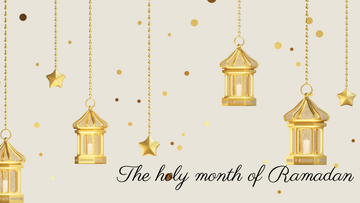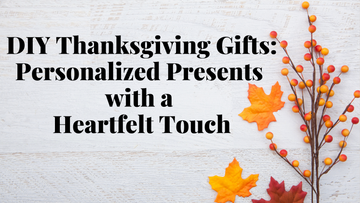
Ramadan is a holy month in the Islamic calendar that is observed by Muslims all over the world. It's a time for fasting, prayer, thought, and fellowship. Muslims refrain from eating, drink, and other physical demands from dawn to sunset during this month. Ramadan is more than just a time for spiritual reflection; it also offers substantial health benefits and draws people together in an unusual way.
Ramadan lasts 29 or 30 days, depending on the lunar calendar, and begins with the sighting of the crescent moon. Muslims fast throughout the daylight hours, which means they don't eat or drink anything. Fasting is a devotional gesture that serves to remind Muslims of those who are less fortunate and struggle to meet basic requirements.
Throughout Ramadan, Muslims spend more time praying and reading the Quran, in addition to fasting. Several mosques hold Taraweeh prayers at night, which can be a spiritual and communal experience. Throughout Ramadan, Muslims also pay to charity, known as Zakat, which is an obligatory act of kindness and giving.
Iftar, or the breaking of the fast at sundown, is one of the most anticipated aspects of Ramadan. Iftar is a joyful dinner shared with family and friends, and many Muslims will invite strangers to join them. Dates and water are customarily ingested first to break the fast, followed by a full dinner. Many nations have their own distinctive Ramadan recipes, but the meal frequently includes foods rich in nutrients to replenish the body after a day of fasting.
Iftar, or the breaking of the fast at sundown, is one of the most anticipated parts of Ramadan. Iftar is often a joyous dinner with family and friends, and many Muslims will invite others to join them for the meal. Dates and water are traditionally the first things eaten to break the fast, followed by a full dinner. Many nations have their own distinctive cuisines that are typically eaten during Ramadan, but the dinner often includes foods that are high in nutrients to restore the body after a day of fasting.
Iftar, or the breaking of the fast at sundown, is one of the most anticipated aspects of Ramadan. Iftar is a joyful dinner shared with family and friends, and many Muslims will invite strangers to join them. Dates and water are customarily ingested first to break the fast, followed by a full dinner. Many nations have their own distinctive Ramadan recipes, but the meal frequently includes foods rich in nutrients to replenish the body after a day of fasting.
Finally, Ramadan is a time for spiritual introspection, self-control, and community building. It is a period of fasting, prayer, and charitable giving to those in need. It also offers several health benefits and a unique way of bringing people together. Ramadan reminds Muslims of their spiritual and communal responsibilities, and it fosters a sense of connection and compassion among individuals of various backgrounds.





